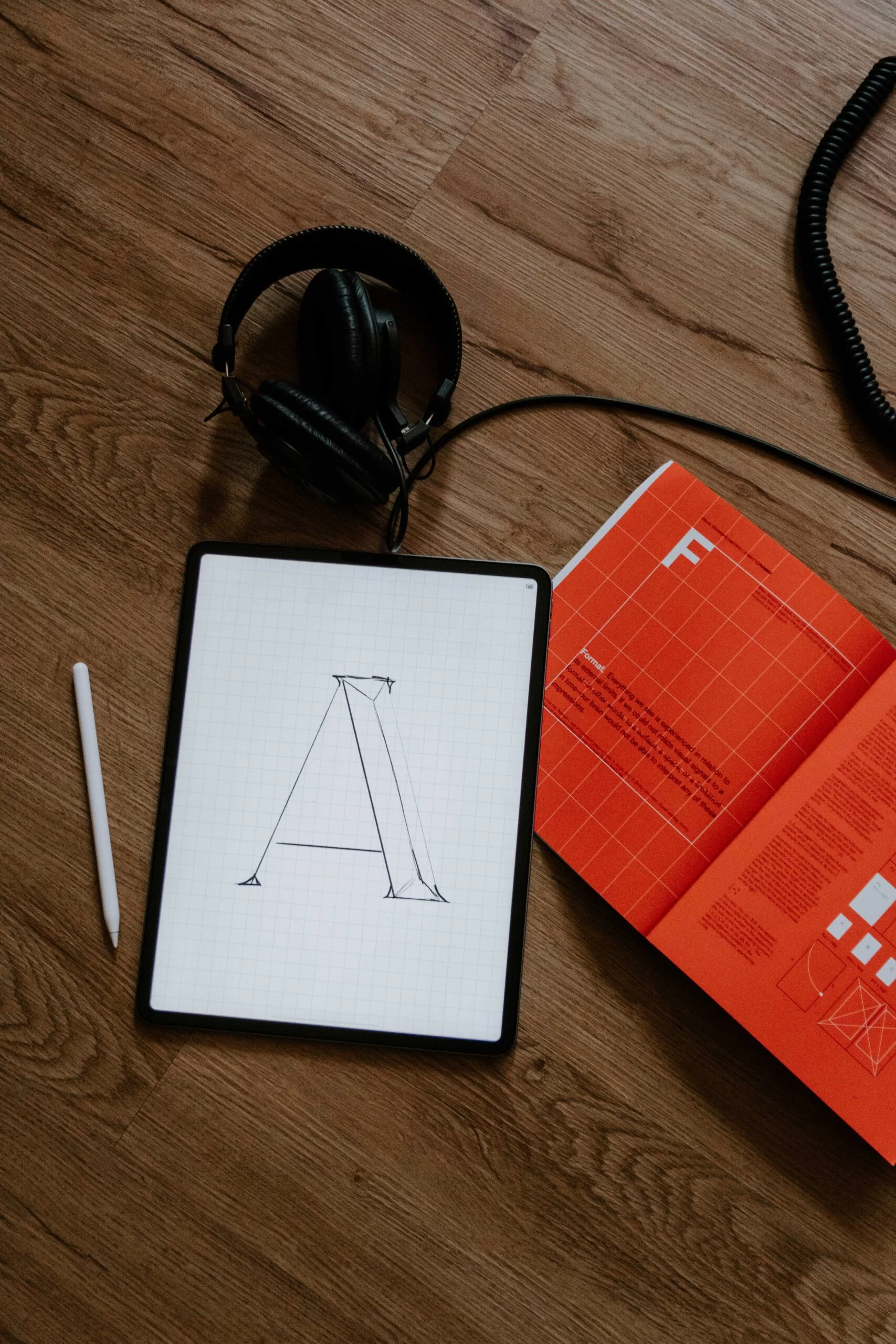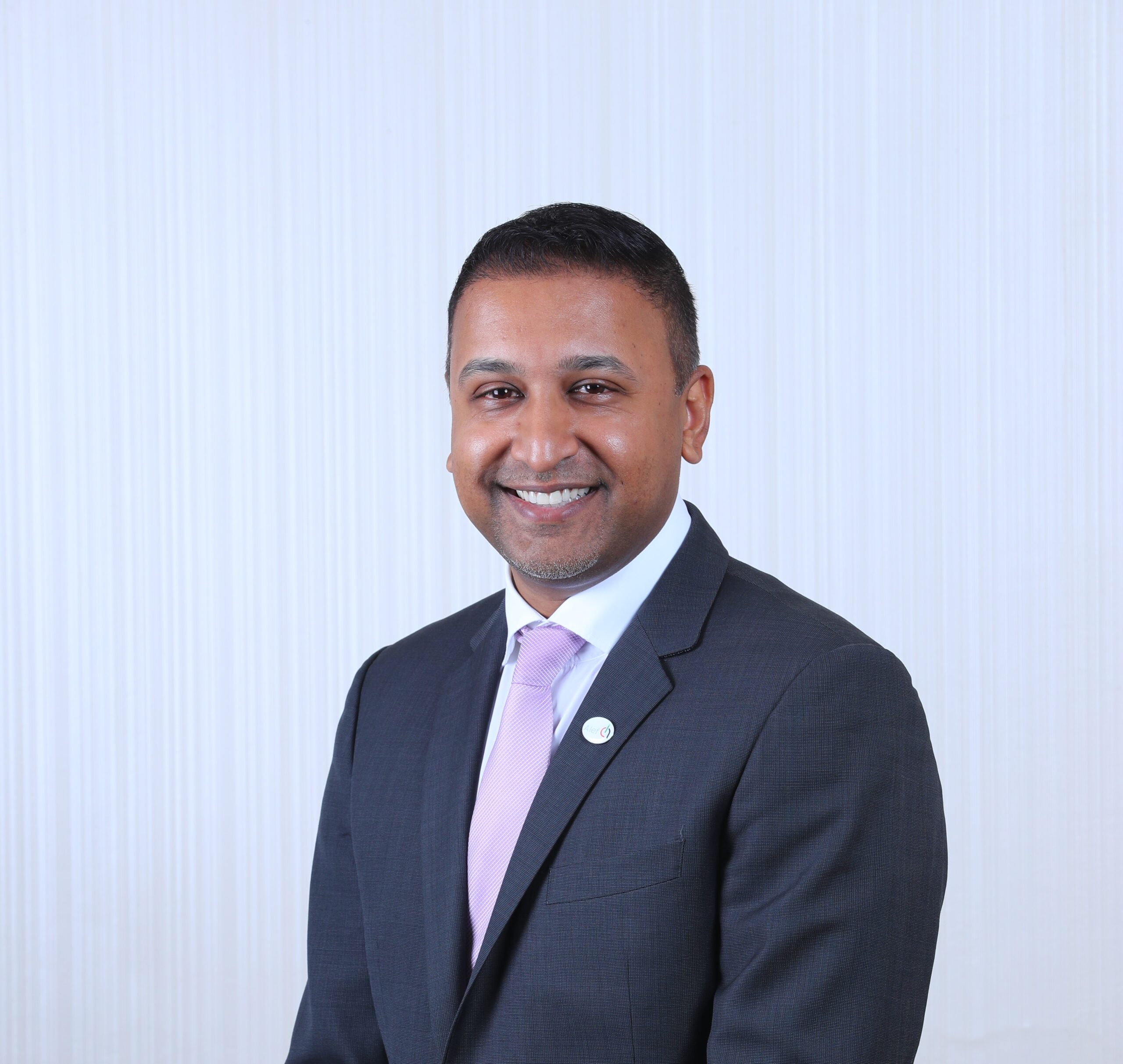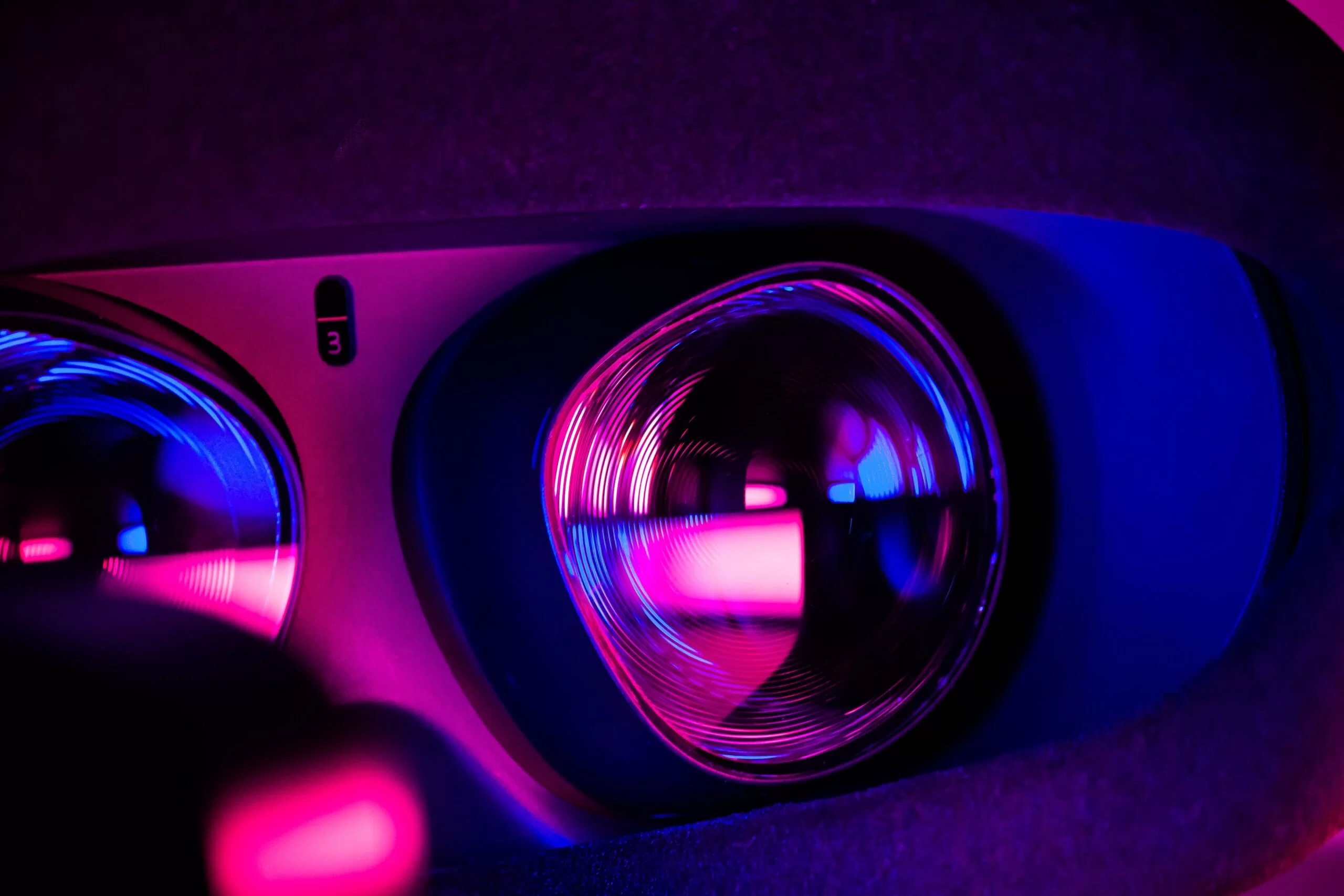Digital books, smartboards, hands-on learning experiences.
That’s the new reality for many classrooms across Abu Dhabi and New York, where artificial intelligence (AI) algorithms and smart learning systems are being used to create a new learning experience that aims to progressively transform K-12 schooling.
The best system would provide touch-points for all major stakeholders in the education ecosystem: students, parents, teachers, and principals. It would provide a holistic and primary model of learning that engages learners through a digitally immersive experience, all the while capturing real-time assessment data in every lesson to provide differentiation and personalization. As an intelligent platform, it would provide deeper insights into the performance of each student and could recommend content based on missing pre-requisites. Teachers would have access to instant, real-time information to drive intervention, and parents would be provided real-time and relevant feedback on their child’s performance in the classroom.
This isn’t some distant, future utopia but happening right now in schools across the UAE and in the US, too. At Alef Education, we are exploring ways AI can improve the overall learning experience by getting deeper insights on students’ academic performance, as well as improving content by flagging those lessons that are not achieving the right level of efficacy. We also test AI in detecting truancy and predicting student’s exam results. Our aim is to help students build a full spectrum of skill-sets from their K-12 education, embedding a sense of inquiry and independent thinking that will prepare them for the life that awaits them in the real world.
How does this all work? Our digitally-immersive learning environment allows educators to present their content within the platform. Alef then captures millions of data points and the machine-learning algorithms organize and present this data so that teachers and our education teams can almost instantly identify struggling students and estimate their mastery of different academic concepts.
For students, that could mean a concept is repeated in a more personalized manner to help them understand it while at the same time reward them with simple digital encouragements. For teachers and parents, this means greater visibility into a student’s learning and the reassurance that the system is adapting to their child’s needs.
By building an interactive, real-time digital ecosystem where all stakeholders – students, teachers, parents, regulators – can have access to the data they need to make the best decisions, we can better promote the interests and welfare of the student, better train teachers, better inform parents, and better advise policy-makers.
There are, of course, legitimate concerns that embracing this technology could come at a cost, such as increasing the amount of time children spend in front of computer screens. There must be a balance, and the right systems limit screen time to a few hours a day, facilitating active participation in the classroom, creating systematic lessons in concepts like mathematics, and allowing students to reinforce academic concepts via experiential learning lessons.
This means that there will always be a role for the teacher, but this role will evolve. Students benefiting from an AI-powered digital education platform would need these teachers to be more like role models and coaches that support them on their individualized learning journey, rather than the typical pedagogical one-to-many teacher of typical school classrooms today.
As these systems improve, AI will help drive students towards the right career choices by guiding them towards the most appropriate higher education pathways based on a holistic and data-driven history of their individual skills and aptitudes throughout K-12. The student who is highly engaged in science and mathematics, for example, will be encouraged to explore the possibility of specialising in applied or theoretical science, or exploring careers in fields like space exploration. The goal is to use the hundreds of millions of data points produced by a single student during the course of their learning career to create individualised and lifelong learning pathways for them.
At Alef we are working hard to develop these engaged learning experiences, and in the years ahead some of these innovations will reach the classroom and potentially redefine future learning environments. The UAE Vision 2021 calls for a complete makeover of the current education system and teaching methods. Alef, in its own way, is making its contributions towards transforming your child’s classroom into one that is smart, flexible, and AI-powered.





